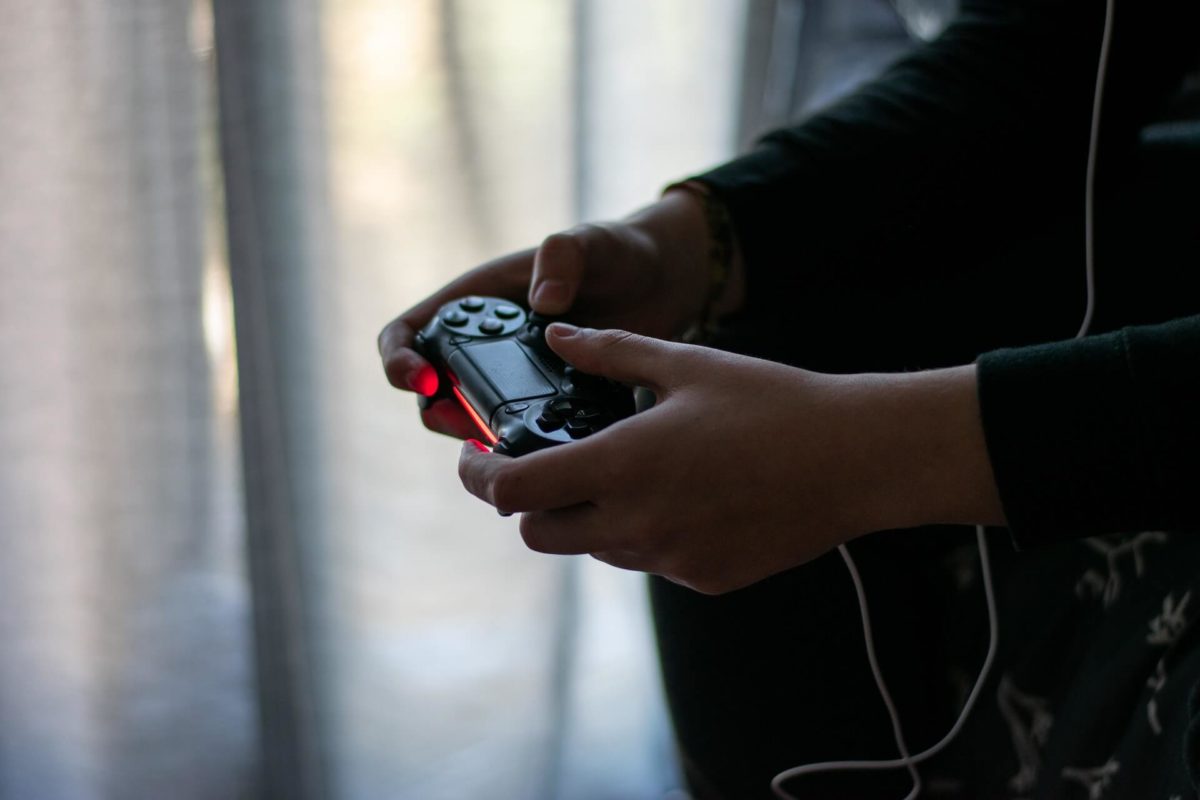Some people may assume gaming addiction as the least concerning of all the addictions we see today in our world. But, have them talk to a loved one of someone struggling, and perhaps they will have a better understanding how gaming addiction can be worse than you think. According to Wikipedia, addiction is a neuropsychological disorder characterized by a persistent and intense urge to use a drug/substance despite substantial harm and other negative consequences. Untreated addiction often alters brain function in ways that perpetuate craving, and weakens self-control. Apply technology in absence of the substance, and you have a sober individual on the path toward destruction in their own life. Gaming addiction left unnoticed and/or untreated can change the way a person interacts with the world so dramatically that their life can lead an entirely different course. Gaming addiction can affect; family relationships, school, work, job performance and motivation, romantic relationships, and even everyday life responsibilities. Let’s take a look into how gaming addiction can intertwine and have an effect on someone’s everyday life.
How Gaming Addiction Affects Every Part of Life – The Side Effects
The Brain – There is a reason why playing video games is so much fun, in fact, there is reward circuitry in your brain that fuels the fun. Dopamine is a neurotransmitter that regulates the feeling of pleasure and is released by the brain when playing video games. When this happens joy is felt in turn by the user because the nucleus accumbens (pleasure center of the brain) is activated from the dopamine release. During video game play the brain releases a constant dopamine supply, with occasional random bursts. Over time, your brain gets used to this steady supply of dopamine, and the nucleus accumbens requires even more dopamine release to deliver the same feelings of joy. Gaming addiction can be worse than you think because it can prevent the user from enjoying anything that is not as stimulating as a video game. Other forms of stimulation similar to video game play such as browsing the internet or scrolling through social media are also sought to help feel a sense of joy. Video game addiction can put a damper on or even an end to things, hobbies. and activities once enjoyed. Simple activities will seem completely unappealing, and you will not be motivated to do anything that isn’t exciting. That is the height of dopamine addiction.
The Body – There are some obvious assumptions that can be made about how the physical body can be affected by video game addiction. Hands, fingers, wrists, and the back are all parts of the body exposed to repetitive motion. One of the most common is ‘Gamer’s Thumb’, a nickname given to a condition called Quervain’s Tenosynovitis. Those addicted to video games are prone to this condition because tendons that move our thumb become inflamed, leading to pain and limited movement. Similar is ‘Trigger Finger’ or Stenosing Tenosynovitis, in which a finger gets stuck in a bent position. Hence the name, the fingers used to play video games may bend or straighten with a snap, like a trigger being pulled. Gaming addiction can be worse than you think because of many conditions that can be started with such long periods of sitting. Research has linked sitting for long periods of time with a number of health concerns. They include obesity, increased blood pressure, high blood sugar, excess body fat around the waist and unhealthy cholesterol levels just to start. Prolonged sitting can also result in rounded shoulders, head leaned forward, a curved lower back, and back and neck problems later in life. Eyestrain is also a concerning issue for those with unhealthy gaming addiction. Staring at a blue screen for hours on end is not the ideal situation for eye health. For example, the eyes focus much differently on a video screen than any other flat surface, such as a book. It is less strenuous to stare at a book because the distance is constant, and the eyes know where to focus. Staring at a video screen, however, the focus is continually changing and can lead to eye fatigue. Sadly, young adults and children are more at risk for concerning health problems with gaming addiction.
The Diet – Another factor of concern, or why gaming addiction can be worse than you think, is the impact it has on eating habits. Some individuals are so engulfed in game play that they binge on unhealthy snacks during long play, or forget about eating at all. Malnutrition and obesity are major risk factors from gaming addiction that target adolescents and young adults already struggling with making good food choices. Preliminary evidence has shown that excessively playing video games can lead to obesity in teens unfortunately. Hence the need to seek a gaming addiction center for yourself or a loved one as soon as possible.
The Happiness – Unfortunately game makers have hacked the happiness circuit, as video games are an easy way to trigger dopamine to the brain. Video games deliver all the psychological rewards people seek to gain from the real world, without having to do any mental and physical work. In fact, what most users want to feel in their game is often very similar to what they crave in real life. Friendships, adventure, excitement, victorious battle, accomplishments, and gaming status are some similar examples. Again, over time the gaming addiction user gets used to the steady supply of dopamine to their brain. Leaving their nucleus accumbens to require even more dopamine release to deliver the same feelings of joy. Gaming addiction can be worse than you think because it rewires real and true happiness.
The Relationship – One of the hardest things for someone going through gaming addiction with a loved one is the stress put on their relationship. Already hard enough at times, relationships need daily nurturing for them to grow or even maintain. Addictive video game play hinders the time left in the day to talk to friends and family, let alone pursue romantic relationships. Because of video games’ addictive nature, much time spent before in a relationship ends up being spent in game play. However, there is a healthy amount of gaming with friends and family that can lead to stronger bonds when distance is a reality. But gaming addiction can be worse than you think when excessive gaming often results in isolation. Therefore, the need to find help for yourself or a loved one before the complete neglect and destruction of a relationship.
Why Omega Recovery is the Best For Gaming Addicts
Omega Recovery was created in Austin in 2018 in order to address the explosive epidemic of addictive and mental health disorders that are occurring in record numbers among young people today. Building on the pioneering work of Dr. Nicholas Kardaras, Omega created cutting edge protocols combined with the best evidence-based modalities to effectively and meaningfully treat young people struggling with gaming addiction. Omega clients engage in both traditional psychodynamic therapies and experiential nature-immersion and adventure therapies. Conventional trauma-informed therapies include CBT, DBT, and are alongside to help shift young people into healthier habits as they also address the underlying issues that are contributing to their distress. Omega’s clinical model proved extremely effective and garnered significant media attention as clients started getting referred from all over the country.







